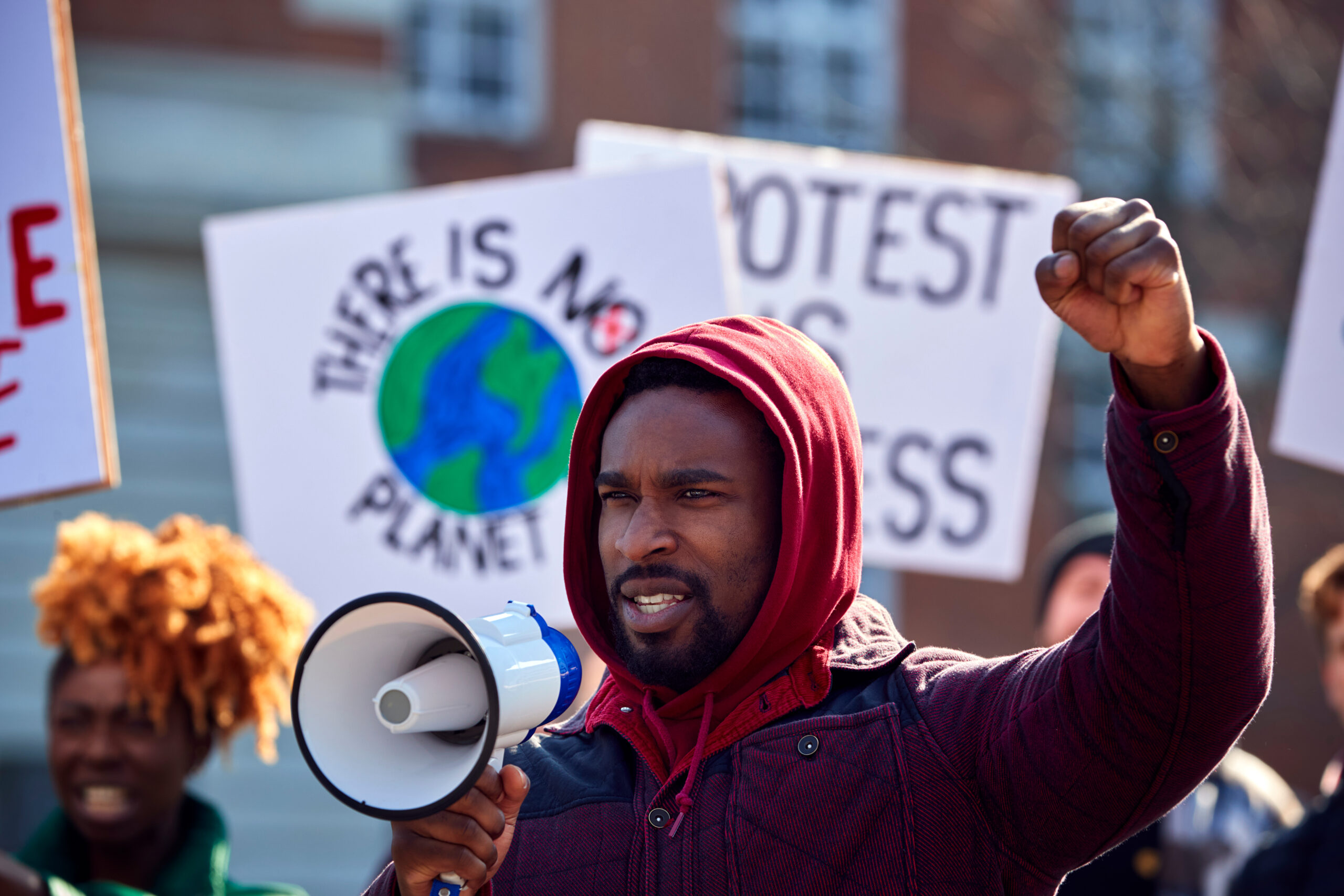Introduction
Climate change poses a universal threat, but its impact is not felt equally across all communities. Minorities, often residing in vulnerable areas, disproportionately bear the brunt of environmental changes and extreme weather events. Understanding and addressing this imbalance is crucial in the fight against climate change.
The Disproportionate Impact on Minority Communities
Minority communities, particularly those in low-income areas, are more likely to be situated in regions prone to environmental hazards. These locations often have less infrastructure to cope with extreme weather events, leading to greater damage and longer recovery times.
Case Studies Highlighting the Impact
Historical events like Hurricane Katrina and the Flint water crisis exemplify the severe consequences of climate change and environmental neglect on minority populations. These events not only brought immediate devastation but also long-term socioeconomic and health impacts.
Environmental Injustice
Environmental injustice refers to the disproportionate exposure of minority communities to environmental hazards and their exclusion from decision-making processes related to their environments. This concept is crucial in understanding why these communities are often hardest hit by climate change.
Health Impacts
Climate change exacerbates health problems in these communities. Increased exposure to pollutants, heatwaves, and vector-borne diseases are some of the health risks aggravated by changing environmental conditions.
Economic and Social Consequences
The economic impact on minority communities affected by climate change is significant. Loss of housing, employment, and educational opportunities further entrenches the cycle of poverty and disadvantage.
Global and Local Responses
Addressing the impact of climate change on minority communities requires both global and local initiatives. Global efforts include reducing greenhouse gas emissions and investing in sustainable technologies. Locally, creating resilient infrastructure and involving community voices in climate-related planning are key.
Conclusion
Climate change is not just an environmental issue but a profound social and economic challenge, especially for minority communities. Effective solutions must incorporate the voices and needs of these communities, ensuring equitable and sustainable progress in combating climate change.
References
- Environmental studies and reports
- Case studies of environmental events impacting minorities

